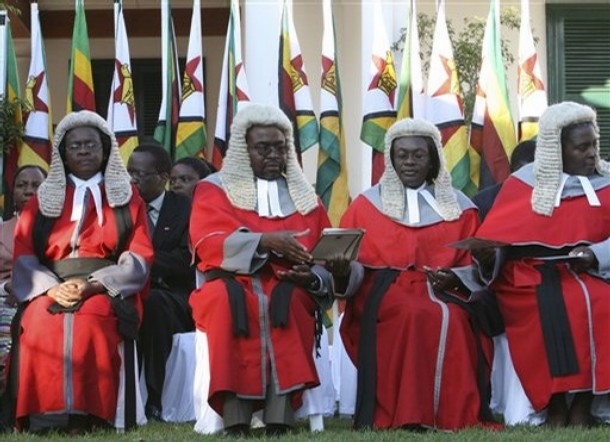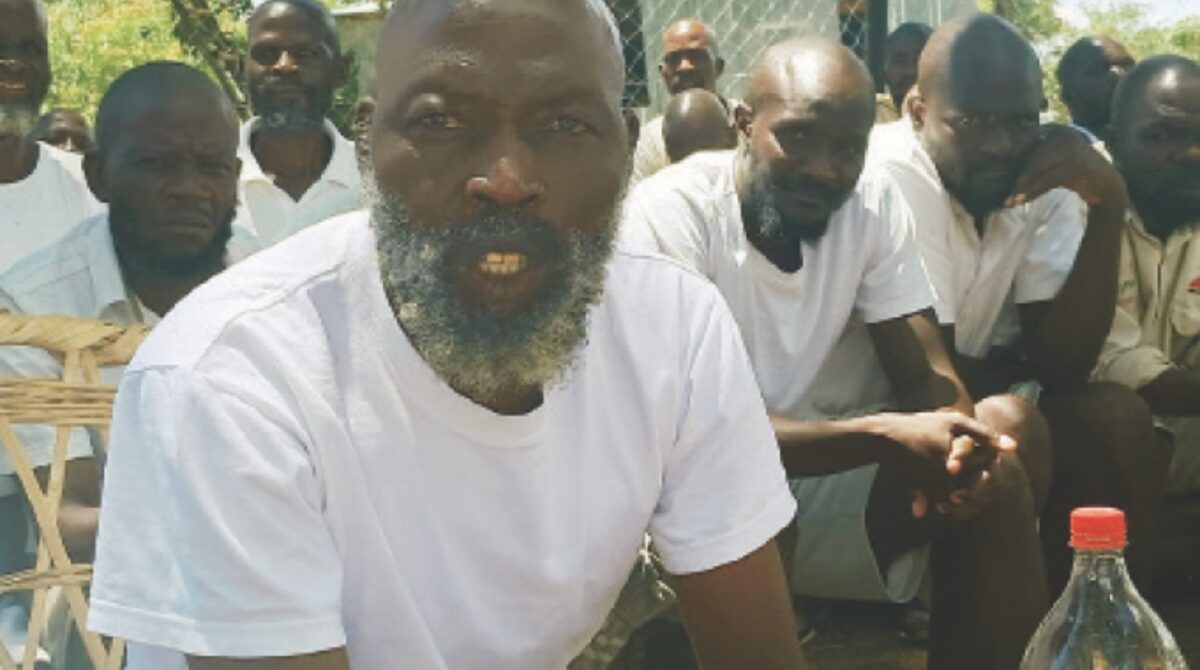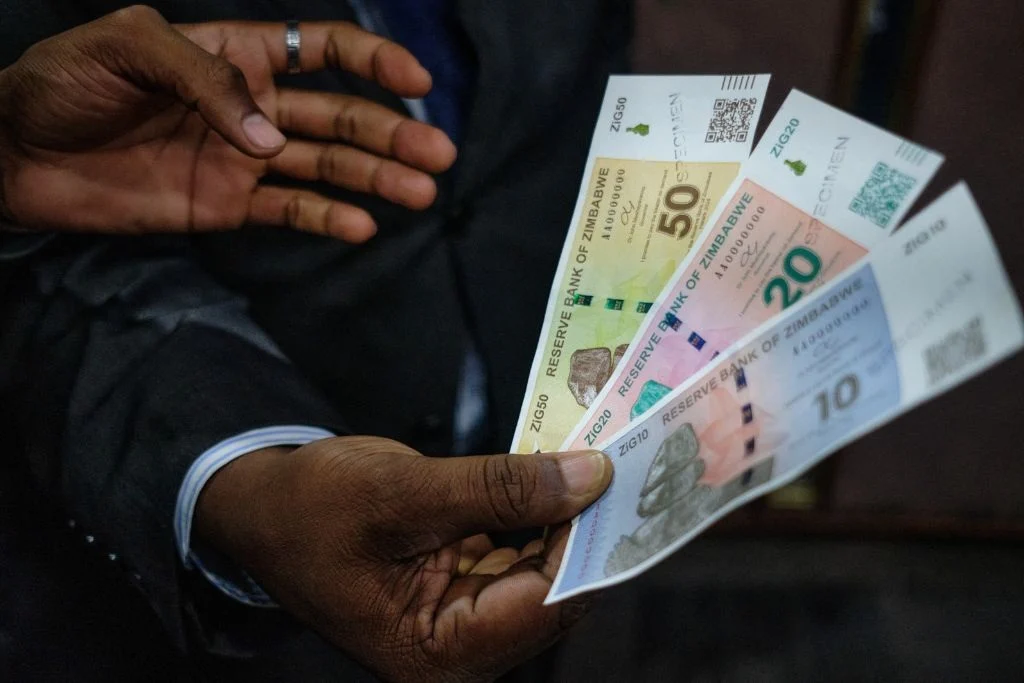HARARE – The British may have left Zimbabwe nearly four decades ago but their powdered wigs are still being worn with pride in the former colony’s courts.
Dozens of handmade horsehair wigs, costing up to £2,000 each, have been ordered from one of London’s leading judicial outfitters for the country’s most senior judges, according to the Zimbabwe Independent newspaper.
The £120,000 set aside for them by the legal authorities has drawn accusations of extravagance and insensitivity in a country embroiled in an economic crisis.
Arnold Tsunga, of the International Commission of Jurists, said: “The conditions in Zimbabwe’s courts are dire and yet they can find money for wigs costing thousands of pounds — it’s obnoxious.”
During colonial times the law was used as an instrument of intimidation, a tradition Zimbabwe’s judges appeared keen to uphold with the help of appropriate attire.
“It is the idea that the law is complex and those who come into contact with it should be filled with fear. It’s completely against the modern norms of justice,” Tsunga said.
Colonial-era gowns, which are also still favoured by Zimbabwe’s judges, are sourced locally but the wig, adopted in England in the late 17th century, cannot be replicated.
Each headpiece takes up to two weeks to make and depends on the vanishing skills of a lacemaker, weft-maker and dresser.
They are also still worn in Zambia, Ghana and Malawi as well as the Caribbean, despite their impracticality for the heat.
The order from Harare went to Stanley Ley in Fleet Street. Stanley Ginsburg, its owner for the past 40 years, said that he thought the shipment was “for a few less” than had been reported in Zimbabwe’s media but told The Times he was “delighted that some of the Commonwealth countries plus Zimbabwe are still keeping up the traditions of the English Bar”. He added: “I am always delighted to hear from my customers in Africa and elsewhere.”
In Zimbabwe — until recently ruled by the vehement anti-colonialist Robert Mugabe, himself a fan of Savile Row suits — the wigs are perhaps most baffling. Lloyd Msipa, a corporate lawyer in London, said that the country’s new president, Emmerson Mnangagwa, had deliberately failed to mark a break with the past. Msipa has questioned former colleagues in Zimbabwe about their enthusiasm for the colonialist garb, which he described as “mystifying”.
The chief justice, Luke Malaba, a former war veteran, is among the keenest wig wearers on the bench, he said.
“A lot of Zimbabwe’s institutions are mentally stuck in the past. We fought against the British for our freedom and yet now impose on ourselves many traditions that even the British no longer always observe,” Msipa said.
Prominent Harare lawyer Fadzayi Mahere, an advocate, however disagrees.
“People don’t realise the irony of arguing that judges’ wigs are colonial. Our entire legal system is colonial. Our common law is Roman-Dutch as influenced by English law. The official court language is English. We’re a constitutional democracy. Our parliament is colonial. Surely, we’d have to go all the way (to remove colonial references),” Mahere said.
She maintained that there was an important statement in the wigs.
“The colour of the wigs is more to do with the fact that when one grows old, their hair turns white. White hair comes with age regardless of race. Old age is associated with wisdom. This is the rationale,” she explained.
This article was originally published by The Times of London















